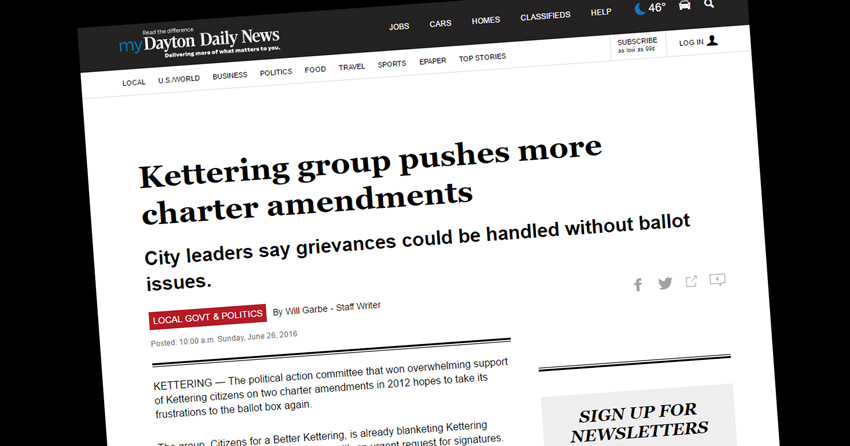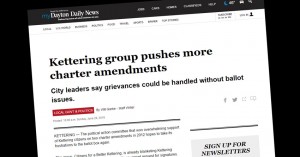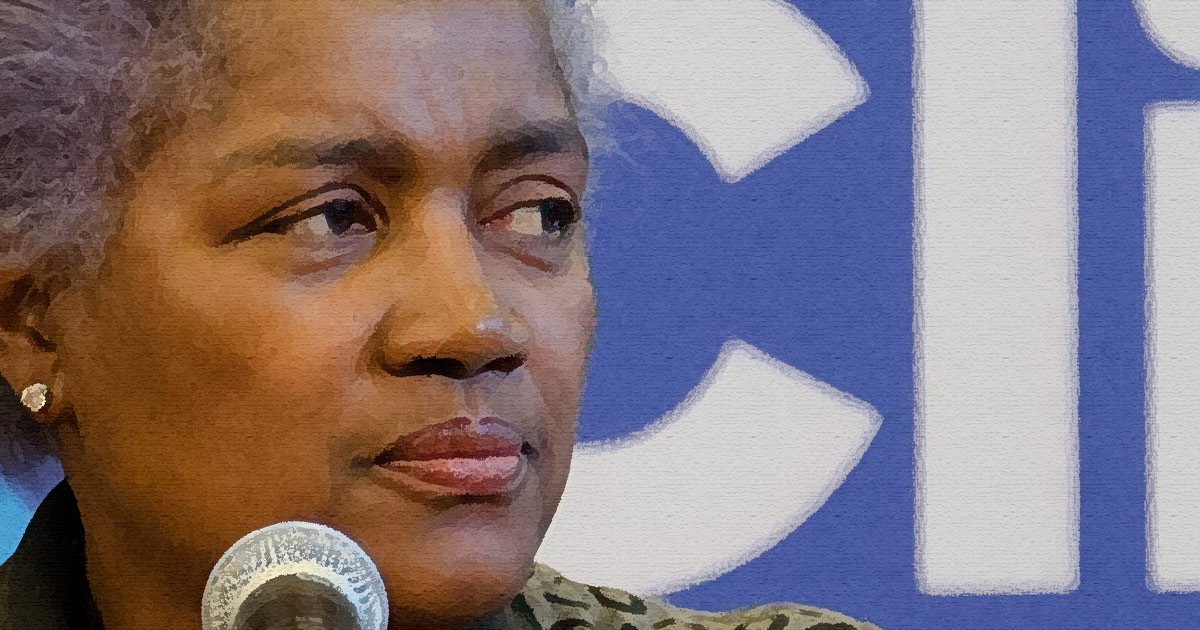Maybe President-Elect Donald Trump can whip Washington into shape. We can hope. And help. Especially on congressional term limits.
But remember: local political fiefdoms can oppress as harshly as the Feds. So … who is whipping your town into shape?
Well, welcome to Kettering, Ohio.
Just months ago, Kettering’s powers-that-be placed a new charter amendment on the ballot to weaken term limits. And one citizen, Ron Alban, wasn’t amused. He and two other longtime residents formed Citizens for a Better Kettering (CBK), but not merely to fight the attack on term limits. They also petitioned five new reforms onto the city ballot.
I met this busy activist back in January, while he was working to place an ethics reform measure on the Ohio ballot — before being blocked by the state ballot board. In 2012, Ron had organized a petition drive to put a pay cut and council term limits on Kettering’s ballot. Both passed.
Ron’s CBK measures were: to protect citizen input at council meetings; to require greater transparency on city salaries; to hold elections for council vacancies; to strengthen citizens’ ability to enforce charter provisions; and banning the city council from proposing future charter amendments dealing with term limits, council pay and the citizen ballot initiative process.
On Tuesday, the anti-term limits charter amendment failed.
And all five reform amendments passed overwhelmingly.
Alban and CBK aren’t as media savvy as Mr. Trump, or as wealthy. But their incredible success is a bright beacon of hope.
Most cities in this country have a petition process whereby thoughtful, hardworking citizens can change their local world. Most of us can do what Citizens for a Better Kettering just did.
This is Common Sense. I’m Paul Jacob.











